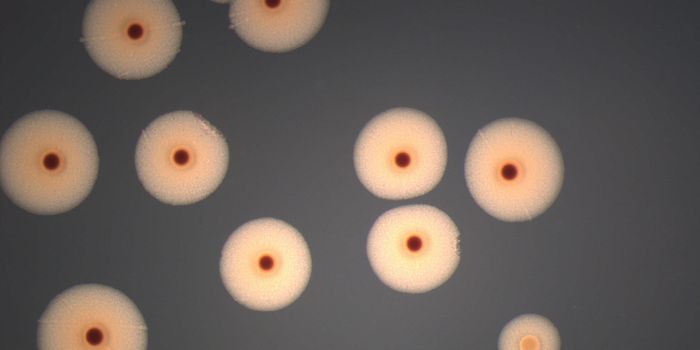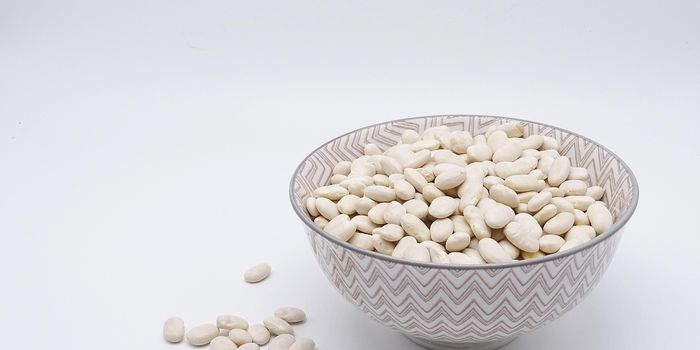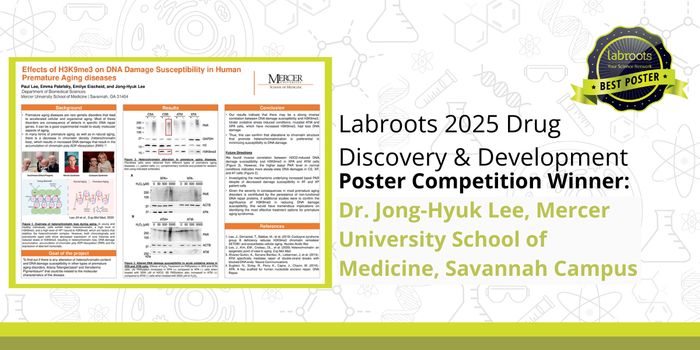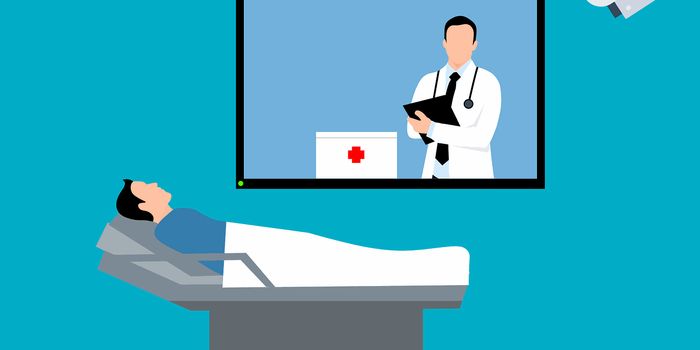Metformin May Protect Against Rare Blood Cancer
People who use metformin are less likely to develop a group of rare blood cancers over time. The corresponding study was published in Blood Advances.
Metformin is a drug used to treat high blood sugar in people with type 2 diabetes. Studies suggest that it may hold potential against cancer- both as a preventative agent and as a therapeutic when used alongside immunotherapy, although further research is needed.
In the current study, researchers investigated whether metformin use over time affects the development of a group of rare blood cancers known as myeloproliferative neoplasms (MPNs). In MPNs, the bone marrow overproduces red blood cells, white blood cells, and/ or platelets, leading to bleeding problems, organ damage, and a greater risk of heart attack or stroke.
For the study, the researchers analyzed healthcare data from the Danish general population collected between 2010- 2018. They included 3,816 individuals who were diagnosed with an MPN, as well as 19,080 individuals who were not. Ultimately, they found that 7% of individuals who developed an MPN had taken metformin, whereas 8.2% of the individuals without the condition had taken the drug. They further found that 1.1% of individuals with MPN had taken metformin for more than five years, whereas the same was true for 2% of controls. Metformin had a protective effect in all subtypes of MPN.
"We were surprised by the magnitude of the association we saw in the data," said lead author of the study, Daniel Tuyet Kristensen, MD, PhD student at Aalborg University Hospital, in a press release.
"We saw the strongest effect in people who had taken metformin for more than five years as compared to those who had taken the treatment for less than a year," he added.
The study has some limitations. The researchers were unable to assess how metformin may protect against the development of MPNs. They also did not account for lifestyle factors that can also affect cancer risk, including smoking, obesity, and diet.
Sources: Science Daily, Blood Advances









